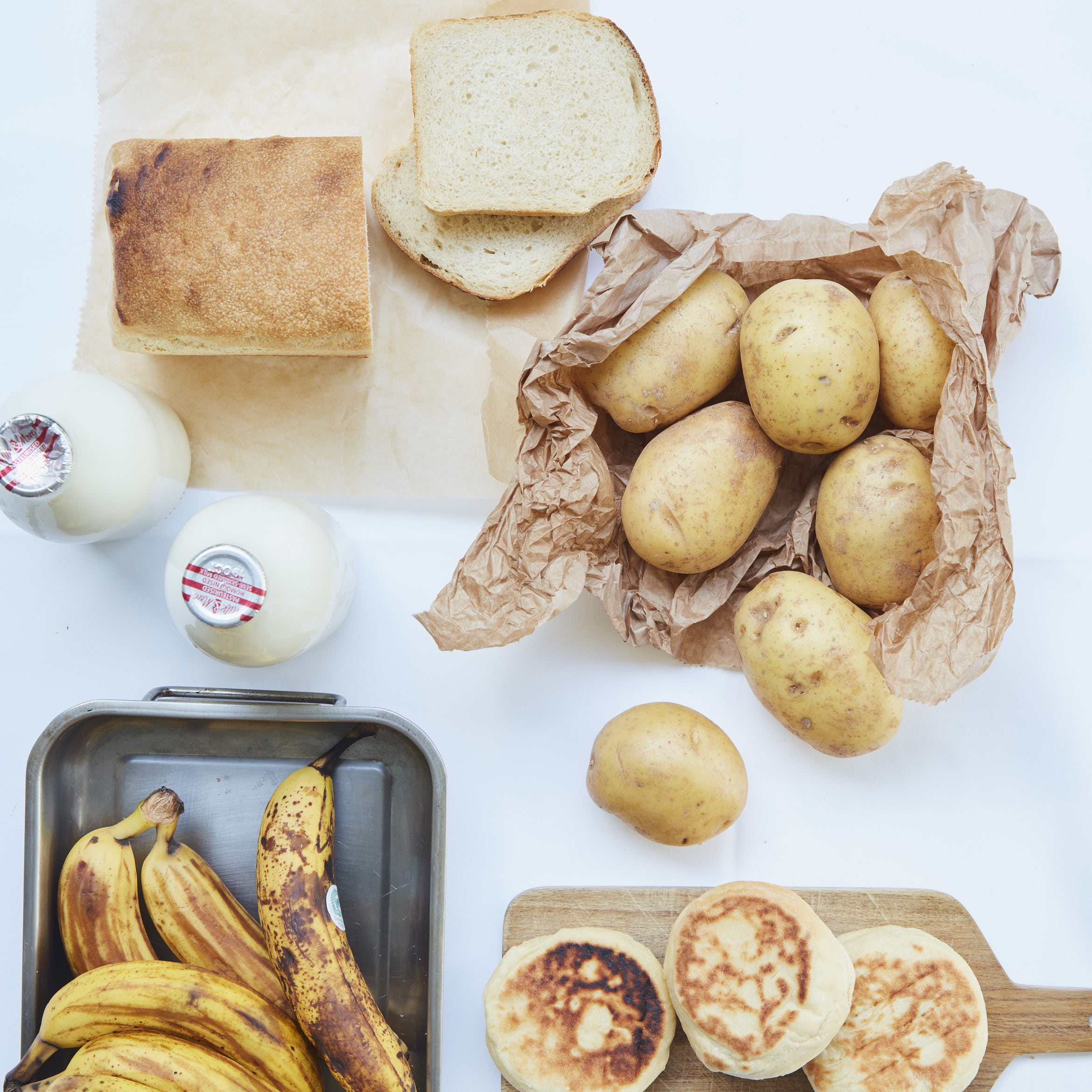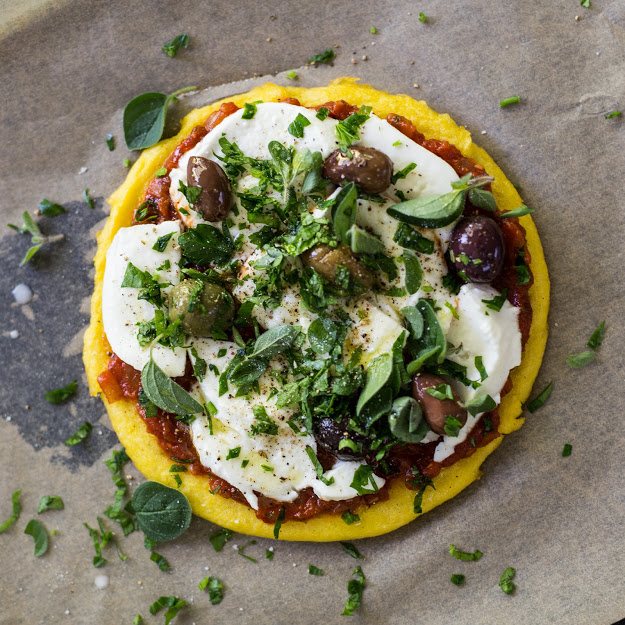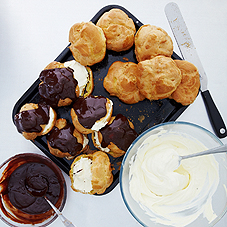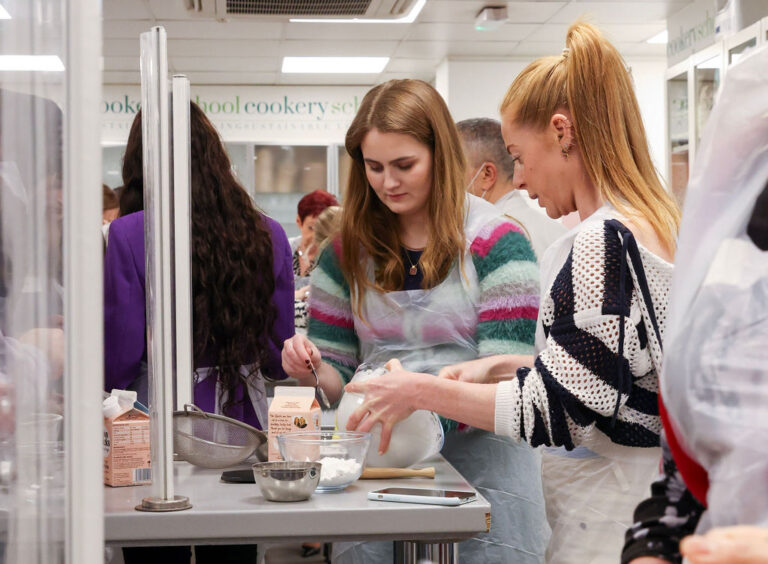Avoiding food waste in the home

Did you know 7.3 million tonnes of food is wasted in the UK annually? Methane, the gas given off from rotting food, is 23 times more powerful as a greenhouse gas than carbon dioxide, making it a huge contributor to climate change. In fact, if food waste were a country, it would be the third-largest contributor to climate change, after USA and China.
Many people worry about their carbon footprint without realising how much impact throwing old food away has. We’re dedicated to helping people reduce their food waste, thereby reducing greenhouse gases, which is why we’ve introduced a food waste class to our calendar.
In order to find out what our customers were wasting the most, we asked our database what their biggest source of waste is. Our founder, Rosalind, commented: “Using the findings from the survey, we have created a class dedicated to the browning banana, the surplus potatoes and other bits and pieces people find themselves throwing away at the end of the week. We want to teach clever, easy and creative ways to use up these ingredients to make tasty dishes whilst reducing food waste.”
Half of respondents admitted to not using stalks or peelings, as well as throwing away bagged salad, potatoes, pasta, bread, fresh herbs and milk regularly. Our Waste Matters class demonstrates not only recipes from popular ‘to be binned’ ingredients, but also how to recycle ingredients and what to do with leftovers.
Top 10 tips for reducing food waste
There are so many ways to transform ‘wasted’ food into perfectly edible dishes! Bread and milk can be combined to make bread and butter pudding, old veggies can be added to a pasta bake with some leftover cheese and browning bananas are the perfect ingredient for banana bread. What’s more, cooking in bulk and then freezing the leftovers is a great way to reduce your carbon footprint and save the pennies at the same time. Here are 10 of our best tips.
1. Make a shopping list at the beginning of the week so that you avoid those spur-of-the-moment trips to supermarket on your way home. This massively saves you money and results in more considered purchases.
2. Don’t dish out too much on to your plate. Leftovers are a lot more appetising when they can be taken out of the saucepan and not scraped off a plate!
3. Freeze leftovers to extend the shelf life and contain the nutrients in the dish. If you cook in bulk at the weekend, it will save you time and money throughout the rest of the week
4. Store food in the right place. For example, make sure you refrigerate items that need to be kept cool in order to prolong shelf life of the products.
5. Remember that sell-by-dates are just guidelines – they are not mandatory. In fact, many supermarkets are now scrapping this date on packaging in an effort to curb food waste.
6. Keep track of what you throw away so that you can make a mental note to buy less of that item next time.
7. Be creative in your kitchen! Think outside the box when cooking with leftovers and don’t be afraid to throw ingredients together that you wouldn’t normally mix.
8. Add old food to your compost heap – it’s great for growing herbs and veg in your garden or balcony.
9. Use as much of each product as you can. For example, if making chicken, use the bones for broth. If cooking with broccoli, add the stalks to a smoothie instead of throwing away.
10. Get pickling or fermenting! If you’ve got some wilting cabbage, why not make some sauerkraut or kimchi? All you need is a clean jar, some flavouring and salt.
If you have any additional tips do let us know on Twitter or Facebook.
Category
Sustainability





